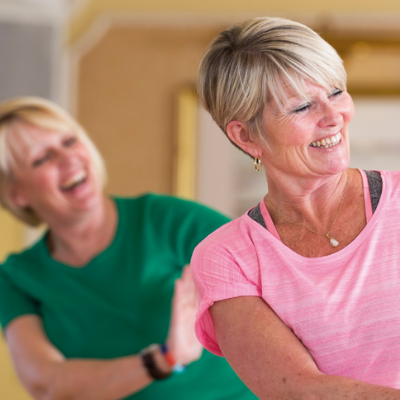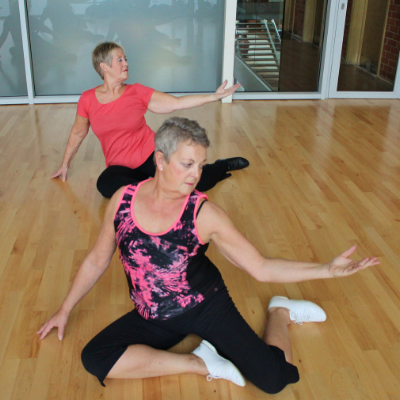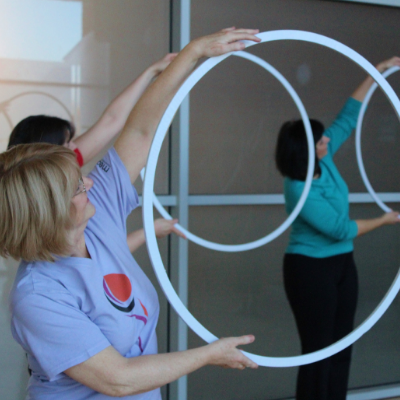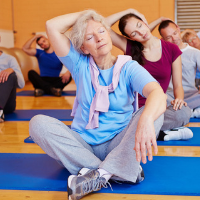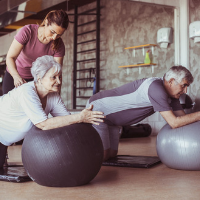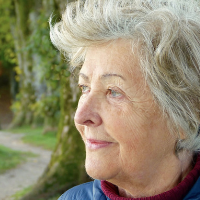For more information on health and wellbeing for older adults, click on the links below
Active Ageing
Remaining in good health physically, mentally, and emotionally is what defines well-being and happiness for us all, at any age – including later life. At EMD UK, we understand that your health is your wealth – especially when you get older.
Exercise
There is nothing more satisfying than the feel-good factor we experience after a good work out. As we get older, that work out can take many forms of physical movement – from a spot of gardening, through to taking part in sports and group exercise classes. As we get older we need to understand how our fitness requirements should change in line with our lifestyles and our bodies.
Making friends and staying connected
If we are to believe what we read in the press, we can conclude loneliness and isolation is an epidemic which has a widespread impact across our society. Regardless of age, it is important to stay connected, meet new people and get involved in our communities. The older we get, the harder this can sometimes be but there are many ways you can avoid the feeling of loneliness, including special interest groups and local group exercise classes.
Mental health and wellbeing
Reports suggest that loneliness and mental health issues are on the rise. Unfortunately, it seems these symptoms are having an impact on people from all walks of life, across the generations. More than ever, we are living in a 24/7 society where the world never seems to stop for a second, and it is all too easy to let life get on top of us. A sure-fire way to prevent life’s stresses from taking their toll on our mental health is to engage in physical group activity.


